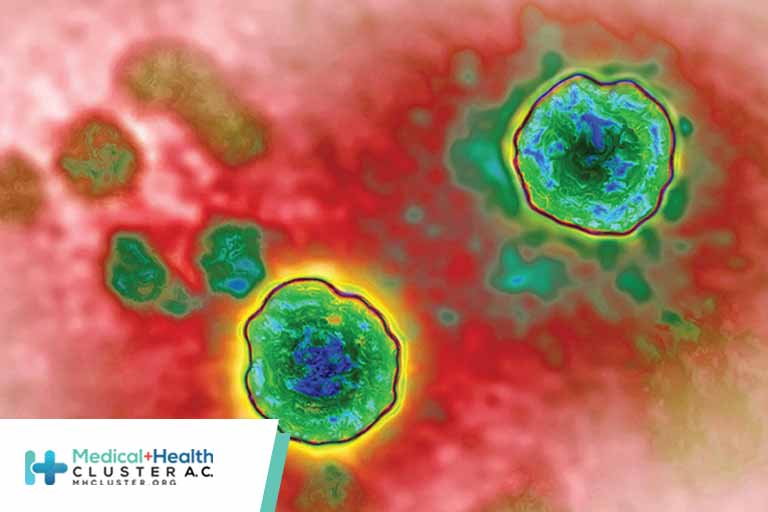En atención a la creciente preocupación sobre la confianza en...
Leer más
Age Range Is Expanded for Universal Hepatitis B Vaccination

An update from the CDC’s Advisory Committee on Immunization Practices (ACIP) is intended to boost low hepatitis B vaccination rates and decrease disease cases among adults aged 19 to 59 years.
Instead of screening this age group for vaccination based on risk factors such as injection drug use, having multiple sex partners, or men having male sex partners, the ACIP now endorses universal vaccination between the ages of 19 and 59 years. The advisory committee already recommends universal hepatitis B vaccination for those younger than 19 years.
Although hepatitis B cases decreased greatly since the vaccine’s introduction in 1982, only 30% of adults aged 19 years or older report being vaccinated. Low vaccination rates have contributed to increasing incidence of hepatitis B between 2011 and 2019, from 1.9 to 2.7 per 100 000 people among adults in their 40s and from 1.1 to 1.6 per 100 000 among those in their 50s.
The ACIP’s systematic review found drawbacks in the risk-based vaccination approach that may hinder coverage. For example, a survey of primary care physicians showed that only about one-third assessed patients’ risk factors for hepatitis B and vaccinated those at high risk. The physicians said too little time and patients’ reticence about disclosing risk factors pose barriers. The new recommendation aims to overcome those obstacles and boost vaccination rates by eliminating the risk assessment, which can save physicians’ time and remove the need for patients to disclose stigmatized or illegal behavior.
The ACIP also recommends hepatitis B vaccination for adults aged 60 years or older with risk factors and suggests that physicians offer it to those without known risk factors rather than rely on patients asking for the vaccine.
Créditos: Comité científico Covids




